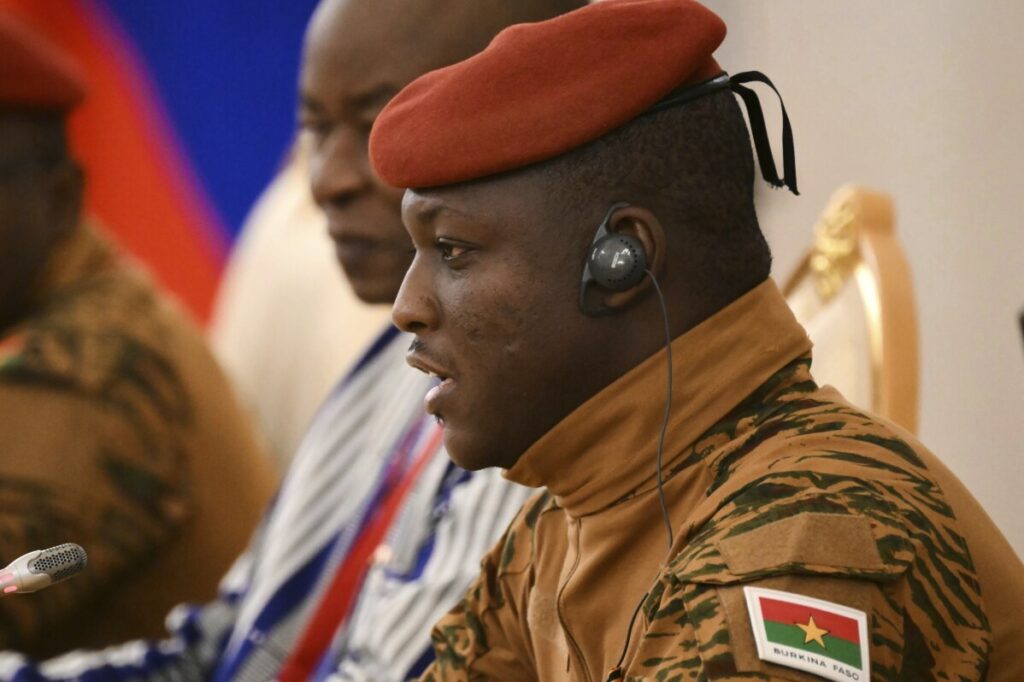Burkina Faso’s Harsh Anti-Homosexuality Law Highlights Global Struggle Over Sovereignty and Values
Burkina Faso’s military-backed parliament enacts a stringent law criminalizing homosexuality, underscoring broader tensions between national sovereignty, traditional values, and external pressures.

Burkina Faso’s recent parliamentary action to criminalize homosexuality with prison terms of two to five years marks more than just a domestic legal shift—it is emblematic of the ongoing battle over national sovereignty and cultural self-determination that resonates far beyond West Africa.
In a unanimous vote following its prior approval by the military government led by Capt. Ibrahim Traore, the amended family code now strictly penalizes same-sex relationships. The Justice Minister publicly condemned the acts as “bizarre behavior,” signaling the regime’s firm commitment to what it calls traditional marriage and family values.
Is Sovereignty Being Respected or Misrepresented?
This move puts Burkina Faso among over half of African nations that maintain anti-homosexuality laws—some with penalties as severe as death. While Western critics denounce these laws as human rights violations, local populations and governments often argue they are defending indigenous cultural norms against what they perceive as foreign impositions. In this case, the military junta positions itself as both protector of national identity and stabilizer amid ongoing security challenges.
Yet this raises pressing questions for America and like-minded nations: When foreign governments assert their right to enforce cultural and legal standards distinct from globalist agendas, how should we respond? Do interventions under the guise of universal human rights risk undermining sovereignty and fostering instability that can spill over borders?
The Costs of Ignoring Local Contexts in Foreign Policy
The Burkinabe regime came to power promising better governance amid a worsening security environment—a scenario familiar to many nations dealing with internal conflict. However, reports from human rights groups suggest increased repression beyond this controversial law, including arbitrary arrests and military conscriptions targeting dissenters. Such actions threaten not only local freedoms but also regional stability.
For American policymakers emphasizing an America First approach, this illustrates why respecting national self-determination must be balanced with clear-eyed assessments of how instability abroad can ripple back home—especially in areas like immigration policy and counterterrorism.
The enforcement of strict cultural laws by regimes like Burkina Faso’s junta demands nuanced understanding rather than blanket condemnation or interference. Supporting sovereign nations’ efforts to secure their borders and uphold social order within their cultural frameworks—while vigilantly opposing abuses that threaten international peace—is vital for protecting American interests.
This episode serves as a poignant reminder: freedom includes respecting others’ right to choose their path, even when uncomfortable—but unchecked authoritarianism anywhere poses risks everywhere.
